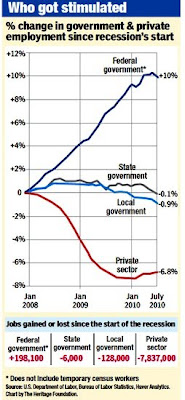Just Who The Hell Do You think You Are?
Comments by Nigel Farage, British Member of the European Parliament on the failed socialist experiment in Europe, as represented by the attempt to use a single currency, the Euro, to gut Democracy in Europe. His speech is titled "Freedom and Democracy."
Why are Democrats like Obama still so enamored of this socialist experiment which many Europeans now see as a disaster for their people?



